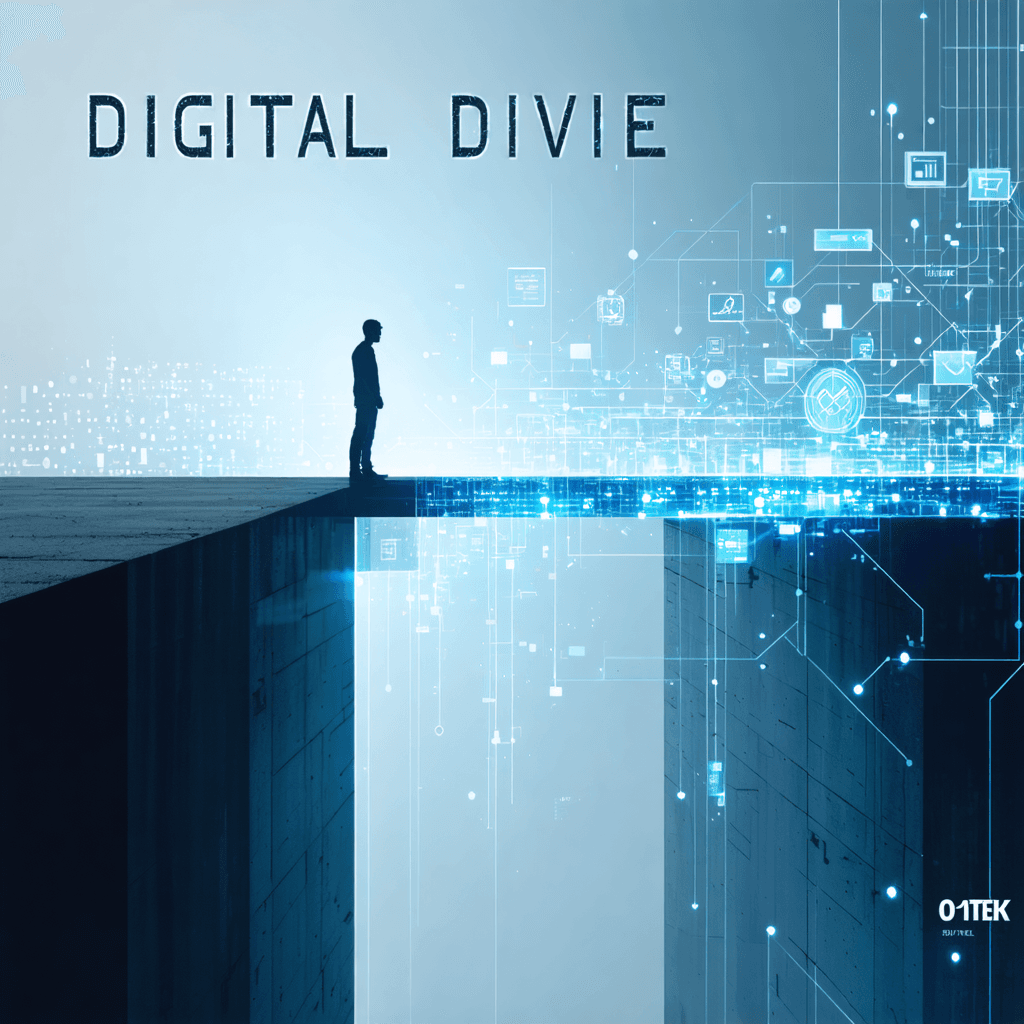Bridging the Digital Divide: When Search Intelligence Falls Short of User Expectations
In today's rapidly evolving digital landscape, the gap between what users expect from search engines and what they actually receive continues to widen. Despite significant technological advances, many users find themselves frustrated when search results don't align with their intentions or fail to provide the depth of information they seek.
The Evolution of Search Expectations
The way we interact with search engines has fundamentally changed over the past decade. Users no longer simply look for exact keyword matches; they expect search engines to understand context, intent, and even anticipate their needs. This shift in user behavior has created new challenges for both search providers and content creators.
Understanding the Intelligence Gap
Modern search engines employ sophisticated algorithms and artificial intelligence, yet they still struggle with:
- Contextual Understanding: While natural language processing has improved, search engines often miss nuanced meanings and contextual clues.
- Intent Recognition: User intentions aren't always clear from search queries alone, leading to mismatched results.
- Knowledge Integration: Connecting information from multiple sources to provide comprehensive answers remains challenging.
The Impact on User Experience
The disconnect between search capabilities and user expectations has several consequences:
- Information Overload: Users often face an overwhelming amount of results without clear relevance hierarchy.
- Trust Issues: Inconsistent or irrelevant results erode user confidence in search platforms.
- Productivity Loss: Time spent refining searches and filtering through results impacts efficiency.
Bridging the Gap: Practical Solutions
For Users
Advanced Search Techniques
- Utilize boolean operators for more precise queries
- Learn to use search operators and filters effectively
- Understand how to evaluate source credibility
Alternative Search Methods
- Explore specialized search engines for specific topics
- Consider using meta-search engines for broader coverage
- Leverage academic databases for research-oriented queries
For Content Creators
Structured Content Development
- Implement clear hierarchical organization
- Use semantic HTML markup
- Create comprehensive meta descriptions and titles
User-Centric Content Strategy
- Focus on solving specific user problems
- Provide context-rich information
- Maintain content freshness and relevance
The Role of Artificial Intelligence
AI is rapidly evolving to address the intelligence gap in search technology. Key developments include:
- Machine Learning Algorithms: Improving pattern recognition and result relevance
- Natural Language Processing: Enhanced understanding of user queries
- Semantic Search: Better comprehension of content meaning and context
Emerging Technologies and Solutions
Recent innovations are helping to narrow the digital divide:
Voice Search Optimization
Voice-activated search is becoming increasingly sophisticated, offering more natural interactions and better understanding of conversational queries.
Visual Search Integration
Image recognition and visual search capabilities are expanding the ways users can find information, particularly beneficial for complex or visual queries.
Personalized Search Experiences
Advanced algorithms are creating more personalized search experiences, taking into account user history, location, and preferences.
Best Practices for Optimal Search Results
To maximize search effectiveness, consider these strategies:
Query Formulation
- Be specific and precise
- Use relevant keywords
- Include important qualifiers
Result Evaluation
- Check multiple sources
- Verify information accuracy
- Consider source authority
Content Organization
- Create logical information hierarchies
- Use clear headings and subheadings
- Implement proper meta tags
Future Perspectives
The future of search intelligence holds promising developments:
- Enhanced AI Integration: More sophisticated understanding of user intent
- Improved Context Recognition: Better interpretation of search contexts
- Advanced Personalization: More relevant, individualized results
The Human Element
While technology continues to evolve, the human element remains crucial. Understanding how to effectively communicate with search engines and critically evaluate results will always be valuable skills.
Building Digital Literacy
- Develop critical thinking skills
- Learn to evaluate source credibility
- Understand search engine limitations and capabilities
Creating Better Search Experiences
To improve search experiences, both users and content creators must work together:
Users should:
- Clearly articulate their needs
- Learn advanced search techniques
- Provide feedback when possible
Content creators should:
- Focus on quality and relevance
- Maintain clear structure and organization
- Regular updates and maintenance
Moving Forward
The digital divide in search intelligence presents both challenges and opportunities. As technology evolves, the key lies in maintaining a balance between technological advancement and user needs. Continuous learning and adaptation will be essential for both users and content creators.
By understanding these challenges and implementing effective strategies, we can work towards closing the gap between search intelligence and user expectations, creating a more efficient and satisfying digital experience for all.
Ready to enhance your digital skills and stay ahead of the curve? Explore our comprehensive courses and resources at 01TEK. From search optimization to content creation, we offer the tools and knowledge you need to succeed in the digital age. Visit our course catalog today and take the first step toward mastering the digital landscape.
Whatever the mind can conceive and believe, the mind can achieve
Dr. Napoleon Hill



